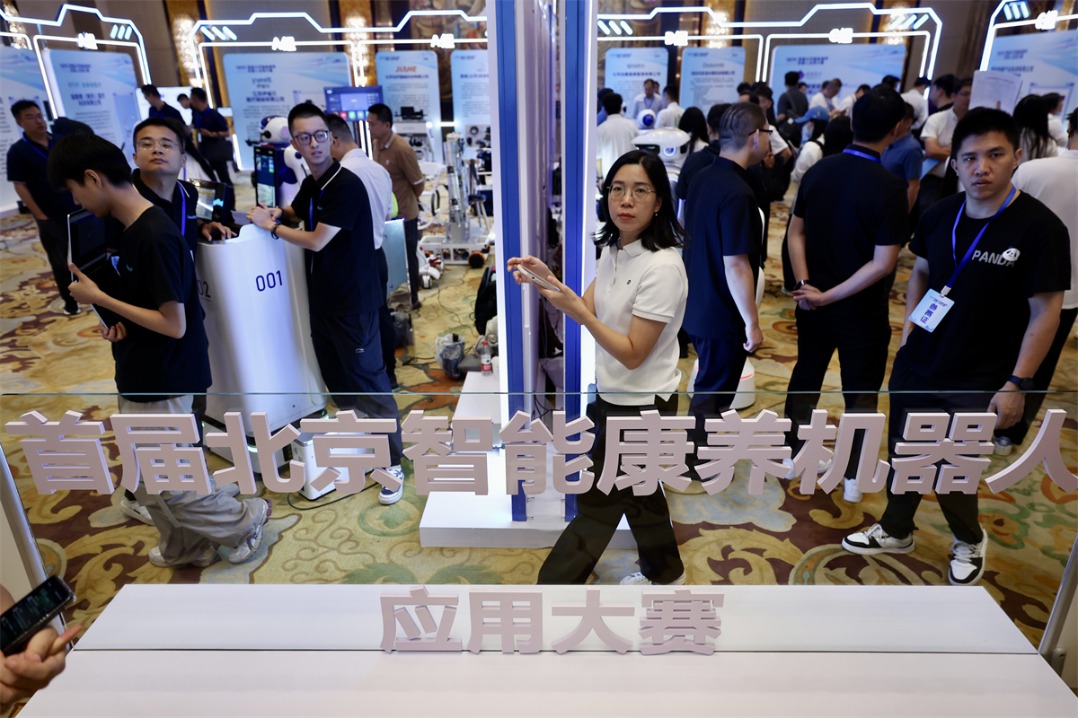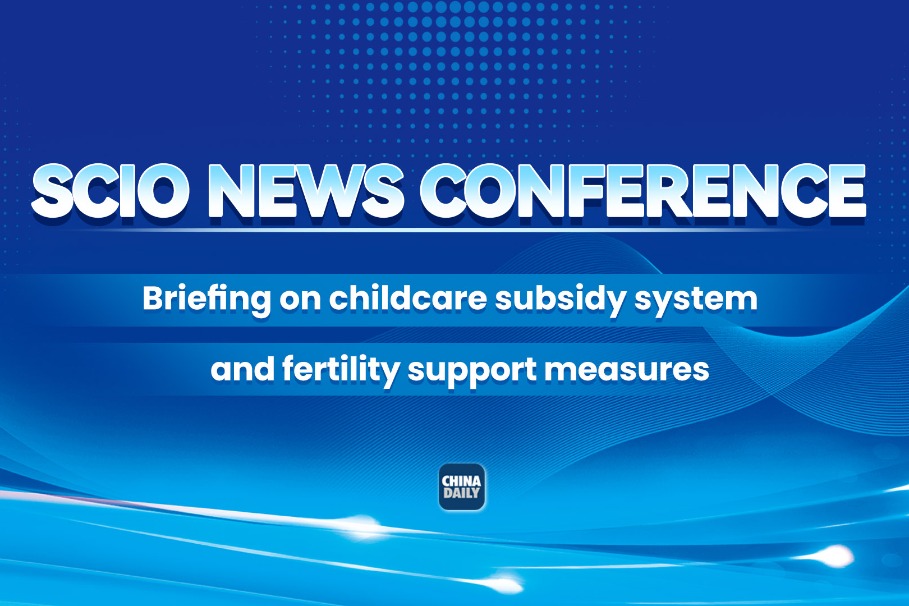Huawei CFO waits on judge's decision on evidence request

A Canadian judge on Wednesday reserved judgment on whether to allow Meng Wanzhou, Huawei's chief financial officer, to obtain more evidence from US and Canadian authorities to support her fight against extradition to the United States.
Associate Chief Justice Heather Holmes, of the Supreme Court of British Columbia in Vancouver, came to that view on the last day of a series of hearings in Meng's case that began on Monday.
Meng is accused of misrepresenting Huawei's relationship with technology firm Skycom in a PowerPoint presentation to British bank HSBC in 2013, allegedly putting the bank at risk of violating US sanctions against Iran. Meng has denied the charges.
One of Meng's lawyers, Scott Fenton, argued on Monday that the US had cherry-picked information in its effort to show that Meng had "misled" HSBC. In fact, he said, Meng is the victim of an abuse of legal process.
Holmes was considering whether to proceed to a three-week hearing starting in February to examine allegations of abuse of process related to Meng's arrest in December 2018.
Holmes was expected to hear arguments about whether comments made by the US side constitute political interference and whether Meng's arrest and detention in Canada were conducted lawfully.
On Tuesday, Robert Frater, Crown prosecutor and lawyer for Canada's attorney general, accused Meng's defense team of trying to turn her extradition hearing into a "trial", calling the new information that Meng is trying to introduce "irrelevant" and "inadmissible" in an extradition process.
"It falls to you to try to keep these proceedings on the straight and narrow," Frater told Holmes. "You should stop this application here and now."
In response to the prosecutor's appeal, defense lawyer Frank Addario told Holmes on Wednesday that Frater's statements should not inform the judge's approach to Meng's case because it "is not a garden-variety case".
Flawed process
Addario again argued the points emphasized by Fenton on Monday that the US record of the case-a collection of evidence of the allegations against Meng-is flawed and brings into doubt the trustworthiness of information given by US and Canadian authorities. "We are saying that what the United States did include (in the record of the case) is fundamentally inaccurate, and what the United States did omit was central to the deception of what the requesting state (the US) alleged the applicant (Meng) did commit," Addario said.
Addario said that regardless of what Frater said about Meng's presentation to HSBC being deceptive about business dealings in Iran, the fact that Meng clearly outlined Huawei's role in Iran means there can be no causality on Meng for HSBC's dealings with Huawei and the bank processing Huawei's proceeds in Iran through the US banking system.
The next phase of extradition hearings will take place in the week starting Oct 26. No final decision is expected on Meng's extradition until early 2021.
Today's Top News
- Xi's book on governance hailed for insights into 'China miracle'
- European destinations swamped by tourists
- Economy expected to maintain steady pace
- Stable, healthy Sino-US ties benefit all
- CPC plenum to focus on next five-year plan
- Talks highlight the fact that cooperation benefits both sides, confrontation harms both






























